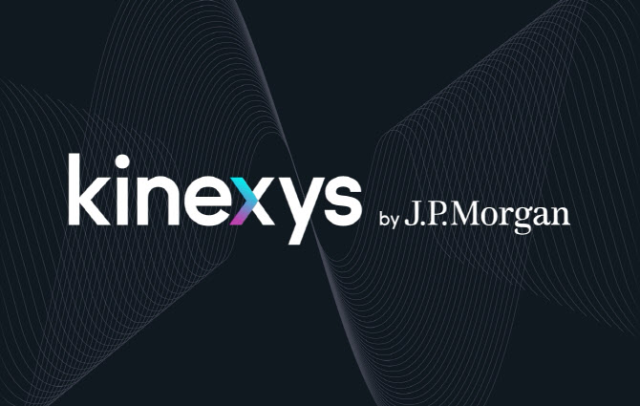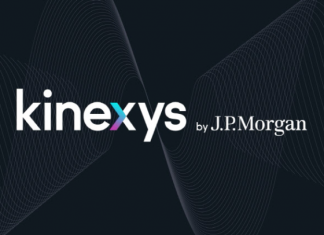
POSCO International’s recent partnership with JPMorgan Chase to adopt a blockchain-based global payment system has sent ripples through Korea’s financial industry. As domestic institutions struggle with unclear regulations around KRW-denominated stablecoins, global banks are moving quickly to capture Korean corporates’ cross-border transaction demand—raising concerns about a weakening of Korea’s “digital sovereignty.”
On October 23, POSCO International announced that it had signed a memorandum of understanding (MOU) with JPMorgan’s blockchain payment platform, Kinexys. The company plans to use the system first for inter-affiliate remittances among its 128 overseas branches in 51 countries and may expand to external corporate transfers later. Even limited to internal operations, transaction volumes are expected to be substantial.
Kinexys, run by JPMorgan’s blockchain division, processes over $2 billion in payments per day and recently introduced its deposit token, JPMD—a form of digital money backed by bank deposits and used in permissioned transactions among financial institutions. While JPMD is formally categorized as a deposit token rather than a stablecoin, its functionality and structure are nearly identical to the KRW-linked corporate stablecoins being designed by Korean financial firms: fast settlement, low fees, and built-in foreign-exchange protection.
Industry experts view POSCO International’s move as a potential signal of global banks expanding into Korea’s digital-asset market under the banner of blockchain payments. JPMorgan CEO Jamie Dimon recently acknowledged this shift, saying during the company’s Q2 earnings call, “Stablecoins are real. We will engage with both deposit tokens and stablecoins to understand and use them effectively.”
Meanwhile, domestic projects remain stalled. Shinhan Bank’s planned PoC with Lotte Members for a KRW-based payment coin has been on hold for months due to legislative delays, and several fintech firms exploring retail stablecoins have yet to begin pilot tests. Without a clear legal framework, most initiatives are effectively frozen.
Analysts warn that if foreign financial institutions build the necessary infrastructure first, local banks may struggle to find relevance even after Korea finalizes its regulatory roadmap. The latest report by Hashed Open Research also cautioned that the country is facing a “digital exodus,” as startups relocate to Singapore, Hong Kong, and Dubai under more predictable regimes—draining both capital and talent.
Unless Korea moves swiftly to establish its own stablecoin framework, the gap between domestic caution and global execution could deepen, leaving the country’s financial sovereignty increasingly exposed.






